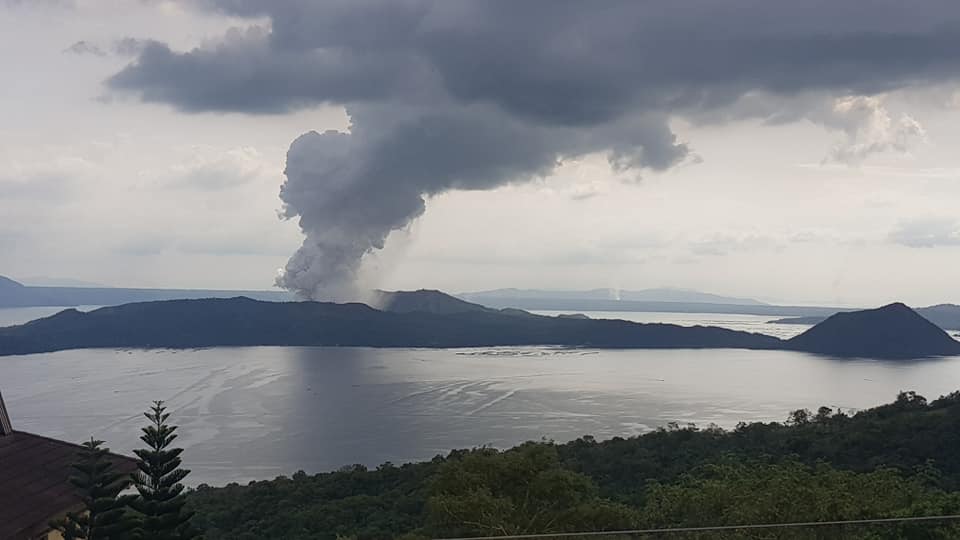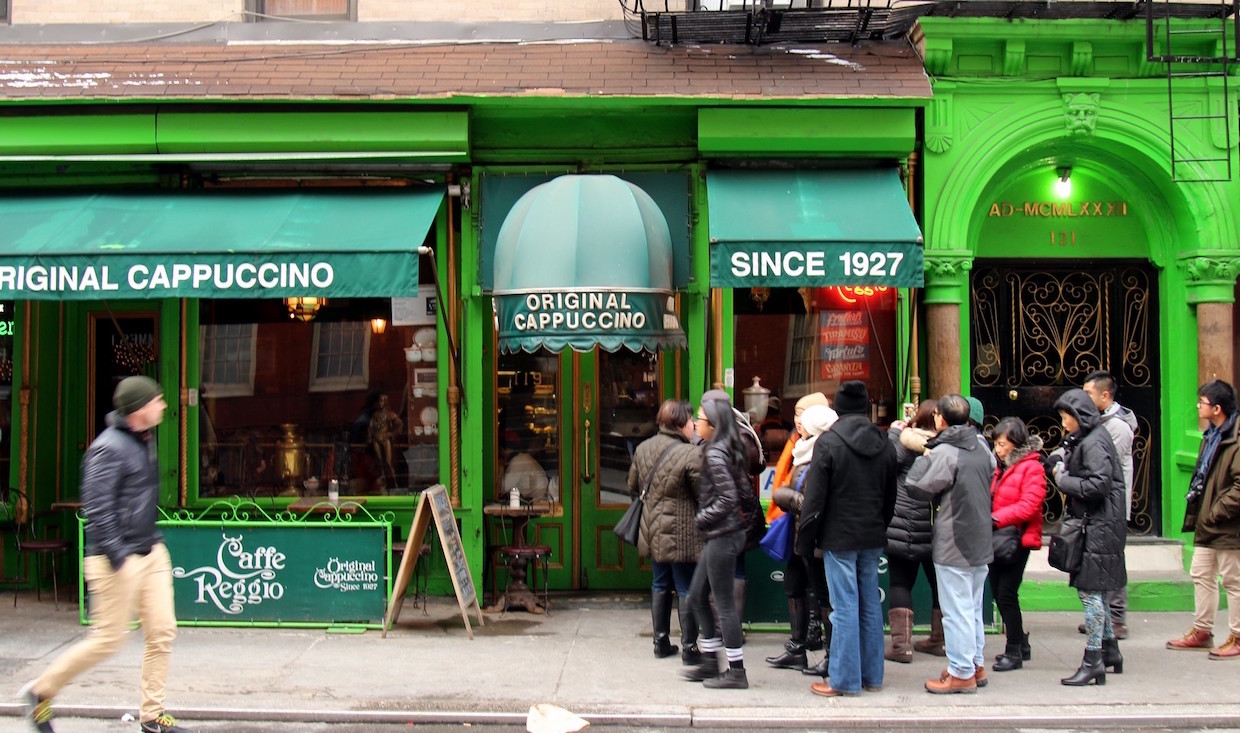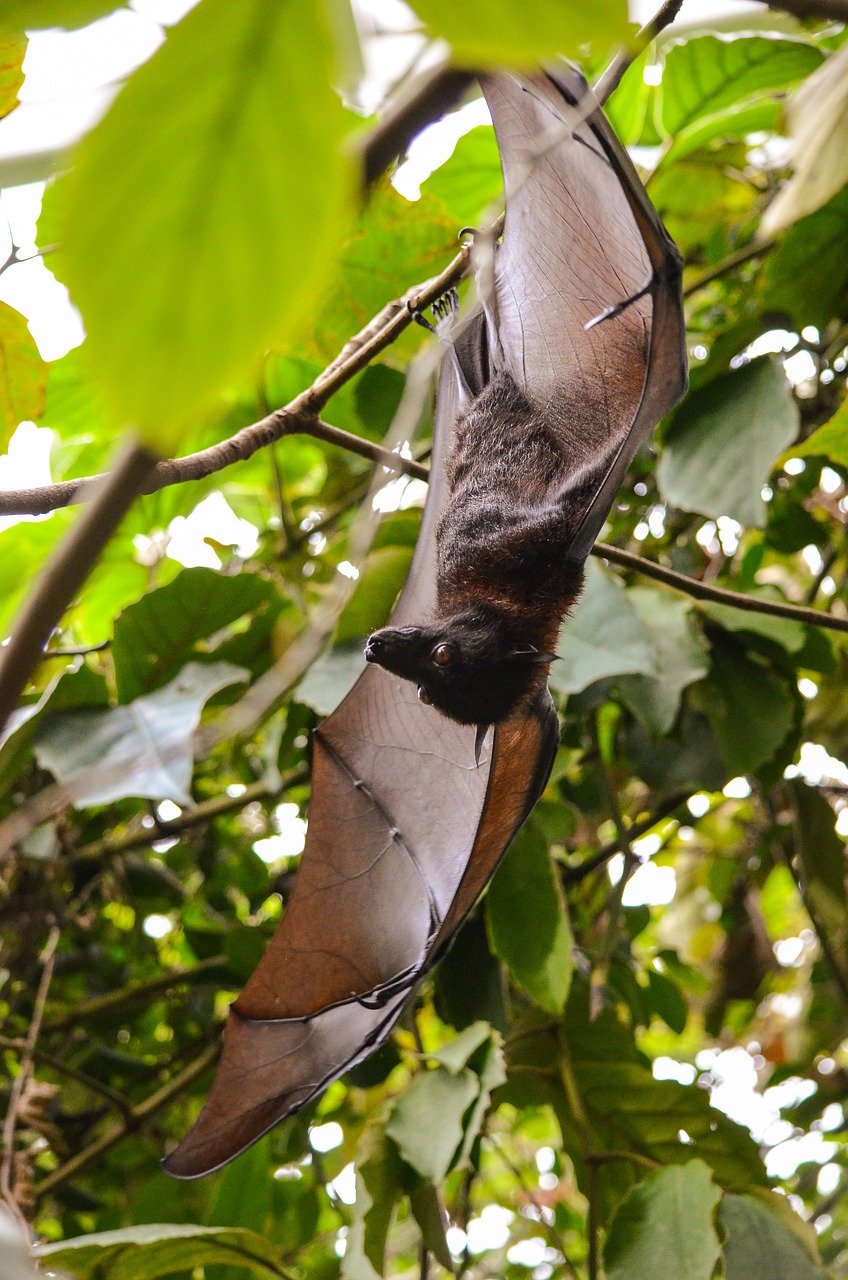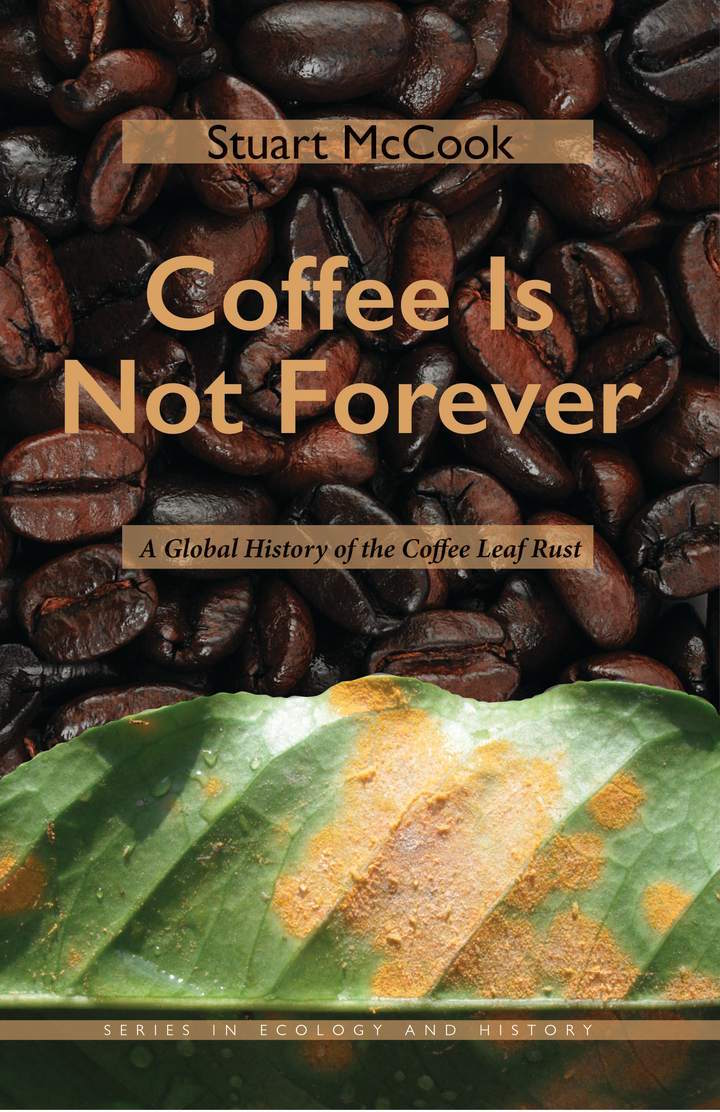As producers and consumers alike continue to push the concept of differentiation to the point of absurdity, a coffee operation in Madagascar is now focusing on “bat spit coffee” — that is, coffee that has been nibbled on by bats, according to a recent Reuters piece. The person behind the bat spit coffee is farmer and agricultural entrepreneur Jacques Ramarlah, who told Reuters he’s working with about 90 farmers on processing and marketing the coffee, although it’s unclear how precisely the coffee is processed.
Bourbon pointu sells domestically for about $101 per pound (200 euros/kg), more than 50 times the price of commodity-grade coffee. A bit of bat spit pushes the price higher.
Wild bats chewing on ripe coffee berries results in a reaction between their digestive fluids and outside air that gives a uniquely smooth flavor, say customers.

The image “Taal Volcano – 12 January 2020” by Exec8 is licensed under Creative Commons Attribution-Share Alike 4.0 International license.
The recent eruption of the Taal Volcano on the island of Batangas in the Philippines will result in approximately $240,000 USD in damages to the coffee sector, according to estimates shared in a recent story from the news agency GMA News. Agricultural officials seem most concerned with the survival of barako coffee, a Liberica variety grown on Batangas and nearby Cavite that has recently been finding buyers in the specialty coffee market:
Despite the damage and the effects of the eruption to the industry, the PCBI believes that the Batangas and Cavite’s coffee sector can recover with the support of the government, private sector, and other relevant organizations.
“I like to stress that we got a crisis but it’s a unique opportunity. We’ve got a bean that is associated with the Philippines, barako,” Luz said.
“Philippine barako is prized as a specialty coffee. We know that we’ve taken a hit from Taal but we have a plan to recover and then expand the production to diversify the production areas,” he said.
The French agricultural research nonprofit CIRAD has announced it has signed an agreement with the government of the Democratic Republic of Congo designed to renew and expand a development partnership.
The general agreement signed in Brazzaville on 15 January by CIRAD President Managing Director Michel Eddi and Congo’s Minister of Scientific Research and Technological Innovation Martin Parfait Aimé Coussoud-Mavoungou is intended to reboot the historic partnership between Congo and France. It follows on from 30 years of cooperation, mainly focusing on reforestation and the development of industrial plantations.
The new general agreement broadens the existing partnership to cover agriculture and agrifoods, at a time when Congo is working to reboot its agricultural sector as part of its national development plan.
University of Guelph history professor Stuart McCook has written a book released late last year with the frightening title: Coffee Is Not Forever: A Global History of the Coffee Leaf Rust. Farmers throughout the Americas are still feeling the effects of the coffee leaf rust epidemic that began its spread in 2012, killing plants and taking farm revenue with it. Here’s an excerpt from the book’s description from the Ohio University Press.
The global coffee industry, which fuels the livelihoods of farmers, entrepreneurs, and consumers around the world, rests on fragile ecological foundations. In Coffee Is Not Forever, Stuart McCook explores the transnational story of this essential crop through a history of one of its most devastating diseases, the coffee leaf rust. He deftly synthesizes agricultural, social, and economic histories with plant genetics and plant pathology to investigate the increasing interdependence of the world’s coffee-producing zones. In the process, he illuminates the progress and prognosis of the challenges—especially climate change—that pose an existential threat to a crop that global consumers often take for granted.

Caffe Reggio in Greenwich Village. The image “CAFFE REGGIO” by Praytino is licensed under CC BY 2.0.
Untapped New York last week revisited the story of Caffe Reggio in Greenwich Village, which boasts of having the first commercially used espresso machine in the United States, a Pavoni. The shop’s iconic green awning to this day announced Reggio as the home of the “original cappuccino.” Here’s more from Untapped:
The chrome and bronze espresso machine is easily the most prized possession of Caffè Reggio, and its original founder. According to a 1954 Herald-Tribune article, Parisi worked as a barber for forty years to save the $1,000 needed to purchase the 1902 machine and have it sent over from Italy. Parisi got into coffee while he was a barber, offering espressos to guests waiting their turn for a haircut.
The approximately 50 percent of the human population that loves cats was awash in warmth last week as the story of three kittens saved by a Canadian man spread throughout the internet. Alberta resident Kendall Diwisch posted a Facebook video showing the three cats with their tails stuck to the ice and snow with the caption, “So today I found these three fellows on one of the back roads near one of my wells. Most likely dropped off. Poor things were frozen into the ice so they had to have been there all night.”
In the video, Diwisch is seen gently pouring some coffee from a travel mug to help loosen the kitties’ tails from the snow while lamenting the cruel souls who may have left the defenseless animals there. Lost in all the warm fuzzies was the fact that the cats, once freed, immediately began lapping up the delicious, life-giving coffee:








Comment